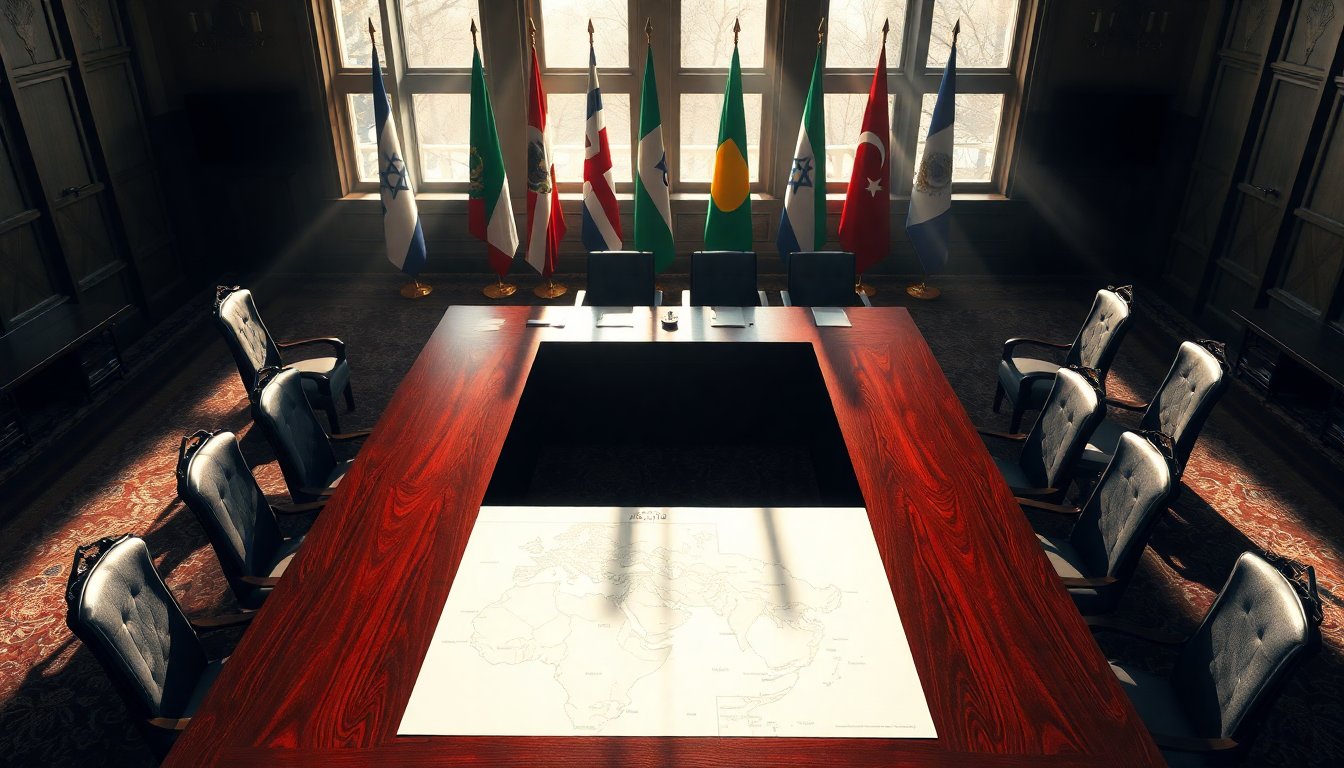Table of Contents
The ongoing conflict in Gaza has entered a critical phase as Hamas has expressed its willingness to negotiate the release of hostages. However, this offer comes with specific conditions that must be met. The situation has garnered the attention of global leaders, including President Trump, who has voiced optimism regarding the potential for a sustainable peace settlement.
In a recent statement, President Trump acknowledged that discussions surrounding the hostage release may extend beyond the initially set deadline. This flexibility indicates a commitment to fostering dialogue, despite existing challenges.
The evidence
Hamas’s decision to negotiate the release of hostages marks a noteworthy development in the protracted tensions in the region. Historically, the group has been perceived as resistant to peace talks. However, recent actions suggest a strategic shift. By agreeing to release hostages, Hamas may be seeking leverage or a means to enhance its standing both locally and internationally.
Conditions for release
The conditions set by Hamas for the hostages’ release play a crucial role in determining the negotiation’s outcome. While the specific terms have not been disclosed, they likely encompass demands related to political recognition and humanitarian assistance. Such conditions could complicate negotiations, as they may necessitate the involvement of multiple stakeholders.
Furthermore, the international community is closely monitoring these negotiations. Any agreement reached could not only impact the fate of the hostages but also have broader implications for regional peace.
Trump’s perspective on peace
President Trump has consistently expressed his belief that achieving lasting peace is possible. He views the current negotiations as a potential turning point in the relationship between Hamas and the Israeli government. Trump’s administration has actively engaged in mediating discussions, emphasizing the critical role of diplomacy in conflict resolution.
Long-term implications
The potential release of hostages could act as a catalyst for broader negotiations aimed at fostering peace. If successful, it may lead to a reduction in violence and a more stable environment in Gaza. However, the path to peace is often fraught with obstacles, and the conditions set by Hamas may pose significant challenges to reaching an agreement.
Additionally, the outcome of these discussions could influence how other militant groups in the region approach negotiations. A successful resolution could pave the way for more collaborative efforts toward peace, while failure may perpetuate a cycle of violence and mistrust.
As the talks progress, the international community remains hopeful for a peaceful resolution. With President Trump’s commitment to the negotiation process, there is a sense of cautious optimism that the hostages may soon be released and that a framework for lasting peace could be established.


